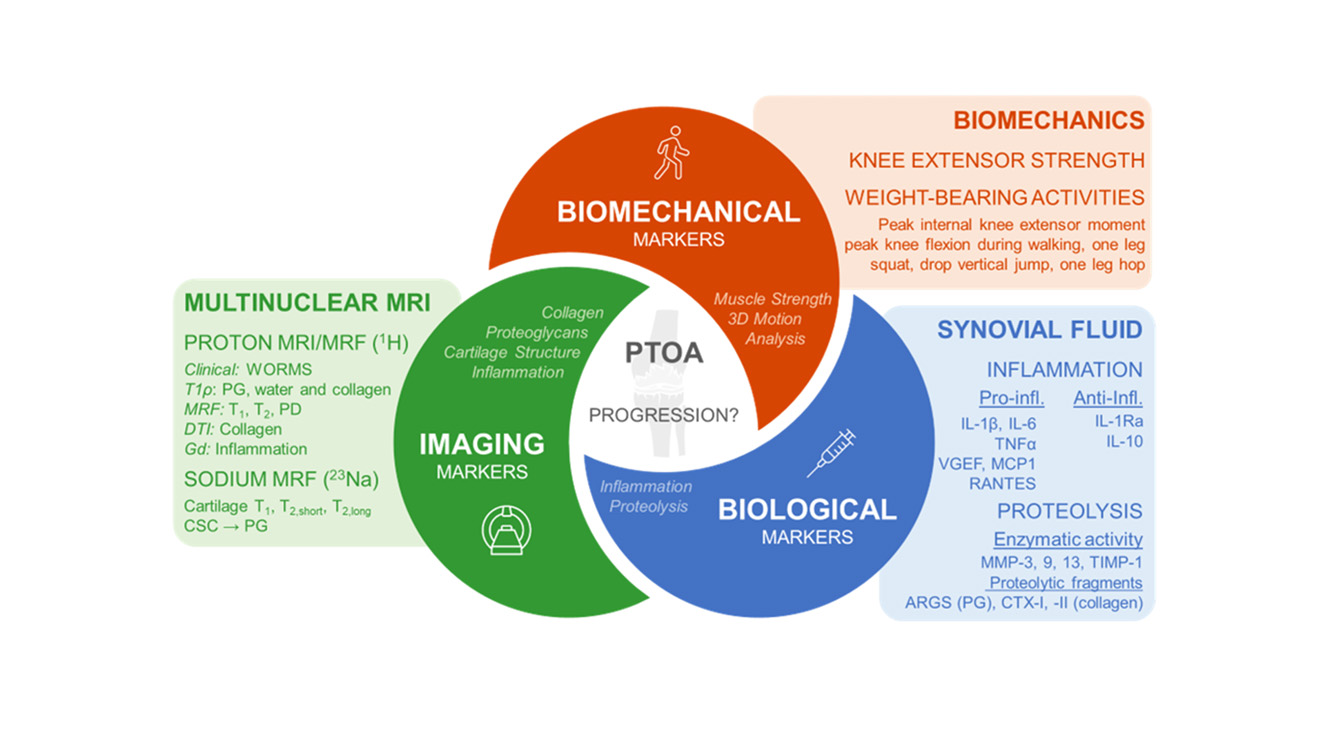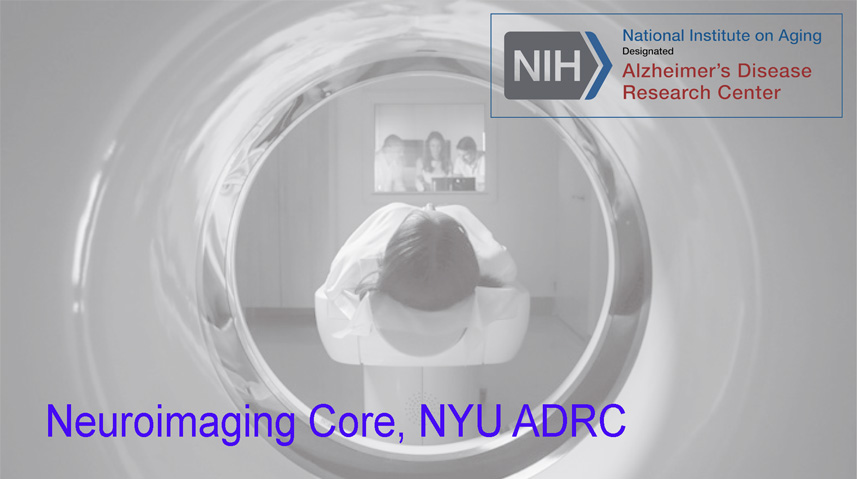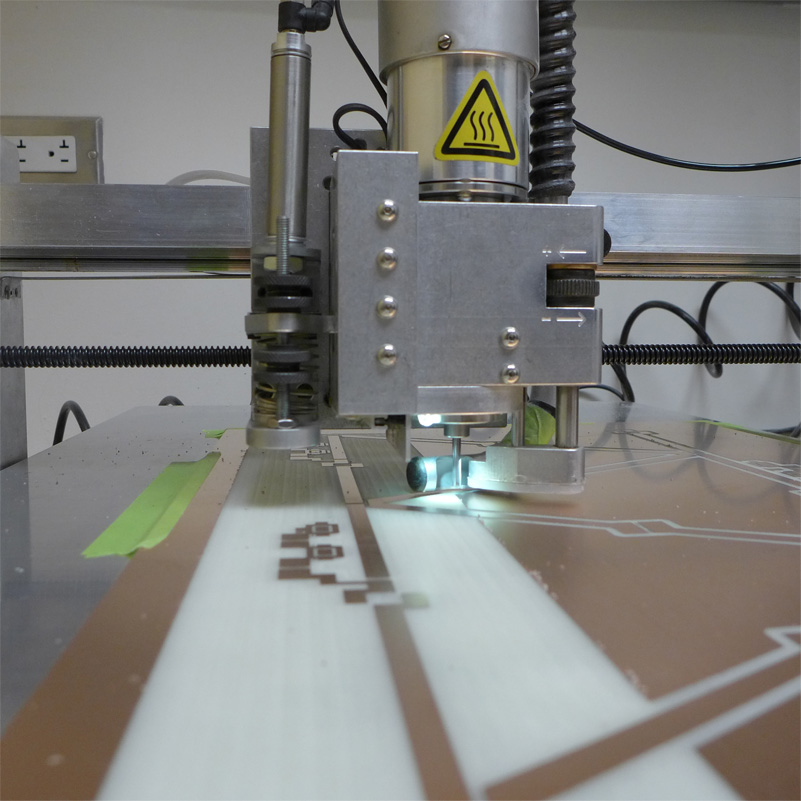Date: May 21, 2025, at noon
Location: 227 E 30TH ST FL 1 RM 120
Northwestern University
Abstract
This presentation explores recent breakthroughs in artificial intelligence applications for advanced medical imaging analysis in gastroenterology. I will discuss our novel deep learning algorithms developed specifically for pancreatic and hepatic pathologies across MRI and CT modalities. The talk will highlight our computational approaches for detecting and characterizing pancreatic cancer, intraductal papillary mucinous neoplasms (IPMNs), diabetes-related pancreatic changes, and pancreatitis through innovative image segmentation and classification techniques. The presentation will evaluate how these AI-driven methods are transforming diagnostic capabilities, enhancing radiological workflows, and improving clinical decision-making in gastroenterology. Finally, I will address current limitations and future directions for AI integration into gastroenterological practice, emphasizing both technical challenges and potential clinical impact.
Biography
Dr. Ulas Bagci is an Associate Professor (with tenure) at the Northwestern University’s Radiology at Chicago, and courtesy Professor at BME and ECE departments of Northwestern, and CRCV of University of Central Florida. His research interests are artificial intelligence, machine learning and their applications in biomedical and clinical imaging. Dr. Bagci has more than 400 peer-reviewed articles on these topics. Previously, he was a staff scientist and lab co-manager at the National Institutes of Health’s radiology and imaging sciences department, center for infectious disease imaging. Dr. Bagci holds three NIH R01 grants (as Principal Investigator), one NIH U01 grant and serves as a steering committee member of AIR (artificial intelligence resource) at the NIH. Dr. Bagci also serves as an area chair for MICCAI for several years and he is an associate editor of top-tier journals in his fields such as IEEE Trans. on Medical Imaging, Medical Physics, and Medical Image Analysis. Prof. Bagci teaches machine learning, advanced deep learning methods, computer and robot vision, and medical imaging courses. He has several international and national recognitions including best paper and reviewer awards.





